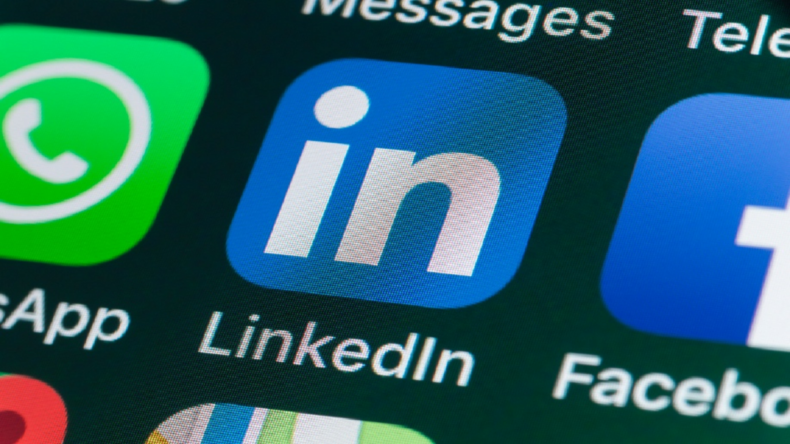Microsoft’s social network LinkedIn is shutting down in China, claiming that abiding by the Chinese government has grown increasingly complex.
Social media around the world do not function in China. None of the social media platforms, including Facebook, Twitter, and Messenger, operates in China, and LinkedIn is the only leading player not blocked in China.
Nearly seven years after its introduction, Microsoft Corp (MSFT.O) is shutting down LinkedIn in China, replacing it with a stripped-down version of the network that focuses just on jobs.
Gross appeasement.
When launched in China in 2014, LinkedIn agreed to comply with its rules to operate there. Microsoft got LinkedIn in 2016. Still, it also committed to being upfront about its business in the nation and opposed government censorship.
LinkedIn recently removed several journalist accounts from its China-based website, including Melissa Chan’s and Greg Bruno’s. Mr. Bruno, who has published a book about China’s treatment of Tibetan exiles, told Verdict that he was “dismayed that an American tech company is bowing in to the demands of a foreign government.”
In a letter to LinkedIn CEO Ryan Roslansky and Microsoft CEO Satya Nadella, US senator Rick Scott labeled the decision “gross appeasement and an act of surrender to Communist China.”
Government censorship.
LinkedIn in March announced it would suspend new member sign-ups on LinkedIn China because of unspecified regulatory concerns. China’s internet watchdog in May stated it had noticed LinkedIn and Microsoft’s Bing search engine, and about 100 other apps were engaged in the improper collection and use of data and ordered them to fix the problem.
Several academics have also received warning letters from LinkedIn this year, claiming that they were distributing “prohibited content” that would not be in China but visible to LinkedIn users elsewhere.
In June, Tony Lee, a professor at Berlin’s Free University, told the Associated Press that LinkedIn didn’t tell him specific content was restricted but related to the portion of his profile where he listed his publications.
One of the articles he listed was about the 1989 crackdown on pro-democracy protestors in Tiananmen Square in Beijing. Another compared Chinese President Xi Jinping to former leader Mao Zedong.
China’s internet roams further adrift.
Zhaoyin Feng says to the BBC that it’s hard to pinpoint whether China or the U.S. influenced LinkedIn’s move. It could be both because the Chinese have tightened their grip on the internet, and LinkedIn has come under fire in the United States to comply with Beijing’s censorship laws.
In 2014, LinkedIn developed a Chinese version in the hopes of capitalizing on the country’s massive market. It has battled against local competitors and gotten into regulatory issues after seven years.
Apart from the censorship controversy, Chinese intelligence organizations have used the platform as a recruitment tool. President of LinkedIn China Lu Jian wrote a letter to the platform’s Chinese users today, promising that the site will continue to “connect worldwide business prospects.”
The shutdown of LinkedIn in China, on the other hand, demonstrates the polar opposite tendency. The country’s tightly controlled internet has become increasingly isolated from the rest of the world, making it difficult for international companies doing business in China to cross the gap.












